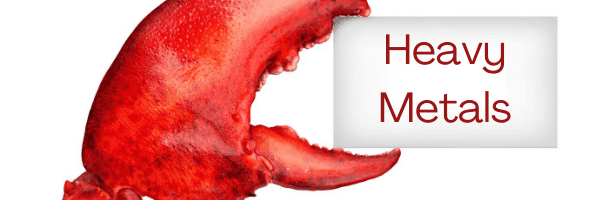When using oral chelation binders for heavy metal detoxification, the goal is to bind and remove toxic metals like lead, mercury, or arsenic from the body. Some common oral chelators include DMSA (Dimercaptosuccinic acid), EDTA (Ethylene Diamine Tetraacetic Acid), and chlorella. To maximize their effectiveness and minimize side effects, the following strategies are recommended:
Timing of Doses
Most chelators should be taken on an empty stomach (1-2 hours before or after meals) to improve absorption and binding capacity. However, some chelators (like chlorella) can be taken with food to reduce nausea.
Chelators like DMSA and EDTA often require frequent dosing (e.g., every 3-4 hours, even at night) due to their short half-lives. This helps maintain steady blood levels and avoid redistribution of metals.
Adequate Hydration
It’s essential to stay well-hydrated during chelation therapy to support kidney function and facilitate the excretion of bound metals through urine. Drinking plenty of water throughout the day is recommended.
Supplementation
Chelation can deplete the body of essential minerals like zinc, magnesium, and calcium. Therefore, it’s critical to supplement with these essential minerals, ideally taken at least 2 hours apart from the chelation agents to avoid interference.
Antioxidants like vitamin C, alpha-lipoic-acid and glutathione are also helpful to support detox pathways and reduce oxidative stress caused by metal mobilization.
Use of Binders
Along with chelators, additional binders like activated charcoal, bentonite clay, or psyllium husk can help to trap metals in the gut and prevent them from being reabsorbed. These should be taken several hours apart from chelation agents.
Cycled Use
Many practitioners recommend using chelation agents in cycles (e.g., 3 days on, 4 days off) to allow the body time to recover and replenish nutrients.
Monitoring
Regularly monitor your kidney and liver function, and check mineral levels through lab tests during chelation therapy. This helps ensure that your body is handling the detox process safely.
Medical Supervision
Chelation should always be done under the guidance of a qualified healthcare provider, especially for those with kidney, liver, or cardiovascular issues, as chelation can place additional stress on these organs.
Two products that we recommend are Chelex and PectaClear. Twice/day dosing is sufficient.


